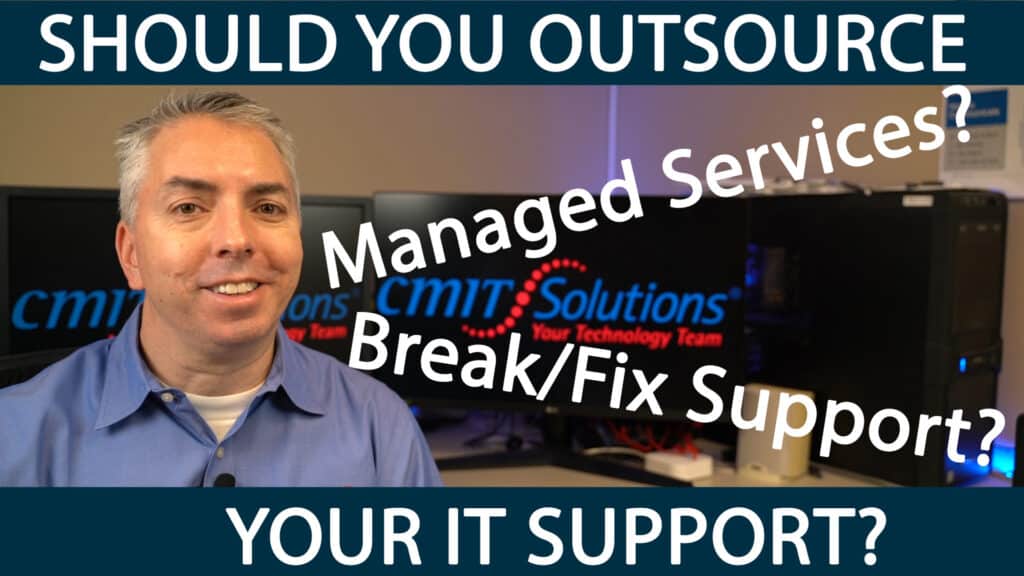Introduction: Cyber Insurance in 2025
Not long ago, cyber insurance was considered optional something only large enterprises or high risk industries purchased. Fast forward to 2025, and it has become a non negotiable requirement for Oak Brook businesses of all sizes. Cyberattacks are more frequent, regulations are stricter, and insurers themselves are setting tougher standards before issuing policies.
The catch? Having insurance isn’t enough. Companies must now prove strong IT hygiene meaning layered cybersecurity defenses, employee awareness, and compliance readiness before insurers agree to provide coverage.
At CMIT Solutions of Oak Park, Hinsdale & Oak Brook, we’re helping local businesses align their IT practices with insurance requirements so they stay both secure and insurable.
Why Cyber Insurance Is No Longer Optional
The past three years have seen a surge in ransomware, phishing scams, and supply chain breaches. Small and midsized businesses are prime targets because attackers know they often lack enterprise grade security.
Key drivers making cyber insurance essential include:
- Rising attack costs: The average ransomware payout now exceeds six figures
- Legal liability: Businesses are held responsible for breaches, even via vendors
- Client demands: Many contracts now require proof of cyber insurance
- Regulatory pressure: Non compliance penalties can bankrupt SMBs
Cyber insurance acts as a financial safety net but without proper IT hygiene, businesses risk denied claims and rejected applications. That’s where compliance focused IT services come in.
How Insurers Are Raising the Bar in 2025
Gone are the days when simply having antivirus software was enough to qualify for coverage. In 2025, insurers expect demonstrable proof of cybersecurity readiness.
Typical requirements include:
- Multi factor authentication across all logins
- End to end encryption for data at rest and in transit
- Regular vulnerability scans and patch management
- Documented incident response plans
- Ongoing employee cybersecurity training
If these controls aren’t in place, insurers can deny coverage or worse, deny payout after a breach. That makes IT hygiene not just a security issue, but a business continuity issue.
IT Hygiene: The Foundation of Insurability
Cyber insurers are essentially asking: Is your business doing the basics right? This is where IT hygiene plays a critical role.
Core elements include:
- Routine patching & updates: Closing known vulnerabilities with proactive IT monitoring
- Password & access controls: Enforcing MFA and role based permissions
- Data backup & recovery: Secure, redundant copies with documented timelines
- Endpoint protection: Layered defenses with device security
- Employee education: Spotting phishing, QR code scams, and AI driven threats
Our team delivers proactive IT services so Oak Brook businesses don’t just qualify for insurance they maintain resilience in the face of evolving threats.
The Risk of Poor IT Hygiene: Denied Claims & Higher Premiums
One of the biggest myths about cyber insurance is that it will always cover losses. The reality is starkly different: insurers are increasingly denying claims when businesses fail to meet minimum security standards.
What happens when IT hygiene is weak:
- Claims denied due to lack of documented practices
- Premiums skyrocket for repeat incidents
- Payouts reduced if critical data isn’t properly backed up
- Businesses lose contracts if they can’t prove both insurance and compliance
Skipping investments in security doesn’t just increase risk it increases costs. That’s why we recommend multi layered defenses as the foundation for both protection and affordability.
The Role of Compliance in Cyber Insurance
Compliance frameworks like HIPAA, PCI DSS, and GDPR aren’t just regulatory burdens—they’re benchmarks insurers use to measure risk. Businesses that maintain audit ready systems often qualify for better insurance rates.
Our Oak Brook team helps SMBs align practices with compliance standards, reducing risk and showing insurers that your business takes security seriously.
Beyond Insurance: Building Long Term Resilience
While cyber insurance is important, it’s not a silver bullet. The ultimate goal is resilience the ability to withstand and recover from an attack without long term damage.
At CMIT we combine insurance readiness with:
- Data backup & disaster recovery planning
- Cloud security best practices
- Strategic IT guidance to align technology with goals
- 24/7 monitoring to detect and contain threats in real time
Insurance may cover costs, but resilience ensures your business keeps running no matter what.
Conclusion: IT Hygiene as the Real Policy Requirement
Cyber insurance is no longer about whether your business can afford it it’s about whether your business can qualify for it. In 2025, the true currency of insurability is IT hygiene.
At CMIT Solutions of Oak Park, Hinsdale & Oak Brook, we help businesses implement the right tools, policies, and training to satisfy insurers, regulators, and clients. From managed IT services to cybersecurity protection, we deliver end to end solutions that keep your business both secure and insurable.







